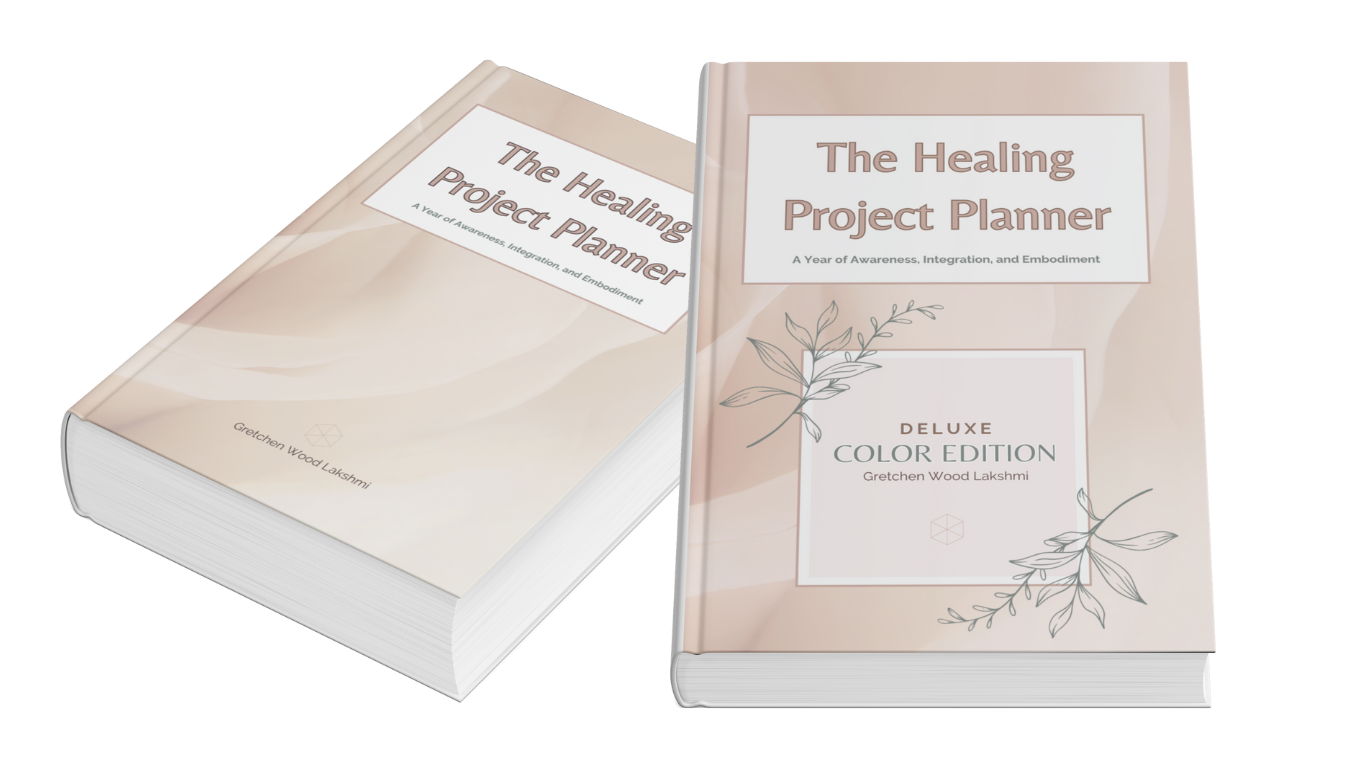How Patriarchy Helps Shape Harmful Relationship Patterns
Sarah and Robert have been together for years.
One night, Sarah comes home exhausted from work. She’s had a brutal day—her boss undermined her ideas in a meeting, a male coworker took credit for her contributions, and she had to put on a smile the entire time to avoid being labeled ‘difficult.’ All she wants is to sit down and breathe.
Robert, meanwhile, is stewing. He also had a hard day, though for different reasons. He feels unseen at work, pressured to be the ‘provider’ while his boss pushes him to work longer hours with no complaints.
He’s drowning in expectations but doesn’t have the words to express how trapped he feels.
The only way he’s learned to deal with emotions is to suppress them—after all, real men don’t need emotional validation.

So when Sarah walks in, looking drained and withdrawn, he takes it personally.
She never wants to talk anymore.
“Are you mad at me or something?” Robert’s voice has an edge.
Sarah sighs. “No, I’m just tired.”
“But you never want to talk. Every time I try, you shut me out.”
She hesitates. If she tells him about her day, she risks being met with dismissal—he’s done it before. But, if she doesn’t, the tension will build. The exhaustion wins. “It’s just been a long day.”
Robert scoffs. “Right. You know, I work hard too, but I don’t come home and act like you don’t exist.”

Sarah’s body tenses. Here it is again—his frustration turning into blame, her exhaustion becoming a personal offense. She’s seen this before, in her father’s temper, in the way her mother was expected to soothe and manage it.
She doesn’t want to fight, so she does what’s safest: she swallows her feelings, forces a small smile, and asks how his day was instead.
Robert relaxes, but he doesn’t realize what just happened. He doesn’t see that Sarah, in that moment, learned that her needs come second. He doesn’t recognize that his inability to process his own struggles just got weaponized against the person who loves him.
And Sarah? She feels that familiar ache of resentment creeping in. The one that whispers, Why do I always have to be the peacekeeper?

Patriarchal Conditioning Dynamics
This isn’t just a bad day. This is a reflection of deeply ingrained patriarchal expectations—where men are denied emotional literacy and women are burdened with the labor of making them feel whole. Where male frustration turns into control, and female exhaustion turns into silence.
Over time, these dynamics evolve. Robert’s unmet emotions fester, his resentment growing sharper. Sarah’s habit of shrinking herself deepens, her voice slowly disappearing.
And when silence no longer works, when she finally speaks up? The pushback is stronger. He doesn’t understand why she’s suddenly changing the rules. The more she resists, the more controlling he becomes.
Soon, it’s not just dismissive comments—it’s Robert cutting her off mid-sentence, rolling his eyes when she tries to express herself, belittling her concerns as ‘overreactions.’
When she refuses to comfort him after his bad day, he accuses her of being cold and selfish. When she doesn’t respond the way he expects, he raises his voice. The cycle tightens.

At first, Sarah convinces herself it isn’t real abuse. He doesn’t hit her. He doesn’t scream. But she feels smaller, more exhausted, and lonelier than ever. And when she finally draws a firm boundary—says ‘no’ and means it—that’s when the anger sharpens...
The punishment escalates. Maybe he isolates her, withdrawing affection as a form of control. Maybe he starts keeping tabs on where she goes, who she talks to. Maybe he stops just raising his voice.
And just like that, what started as social conditioning morphs into emotional coercion, into gaslighting, into cycles of control that blur the lines between frustration and abuse.
The escalation isn’t always immediate, but the foundation is laid long before it reaches an undeniable breaking point.
Patriarchy Hurts Men, Too
Robert isn’t the villain here. He’s a product of a system that taught him his worth is in his ability to be strong, dominant, and self-sufficient. He was never given the tools to express vulnerability without shame. And when that shame has nowhere to go, it turns outward—toward the person who is expected to absorb it.
Sarah isn’t weak for staying quiet. She was raised in a world that told her being ‘too much’—too emotional, too opinionated, too vocal—would make her unlovable. She learned that de-escalation was survival. That putting his needs before hers would keep the peace.
But peace built on silent suffering is not peace at all.

The Courage to Unlearn
So how do we escape this trap? How do we rewrite the script before it turns into something even more dangerous?
- Men have to reclaim their right to emotional depth. Vulnerability isn't weakness—it's strength. Learning to sit with emotions, to process them without turning them into blame, is a radical act of breaking free from patriarchal conditioning.
- Women have to stop setting themselves on fire to keep others warm. Speaking up, setting boundaries, and refusing to carry the weight of someone else’s unprocessed pain is an act of self-preservation, not selfishness.
- We have to collectively dismantle the belief that power is a zero-sum game. Real intimacy is not built on control but on mutual respect and emotional responsibility. The stronger your partner’s voice is, the healthier the relationship becomes.
- We must raise our children differently. Boys deserve to be taught that they are allowed to feel, to cry, to express without shame. Girls deserve to be taught that their voice matters just as much as anyone else’s, and that they are not responsible for managing male emotions.
- Survivors need to be believed and supported. The patterns of control and abuse don’t disappear because we ignore them. Change happens when we acknowledge how deep these wounds go—and how desperately we need to heal them.
Your Story Isn’t Set in Stone
If you see yourself in Sarah, know this: Your needs are valid. Your exhaustion is real. And you deserve relationships where you don’t have to shrink to be loved.
If you see yourself in Robert, understand this: You are more than what the world has told you to be. You are allowed to feel, to struggle, and to express—without making someone else the casualty of your pain.
We all have a choice. We can either repeat the cycles we've been handed, or we can break them. Which one will you choose?
Planting the seeds of a new world with you,
Gretchen
SOMATIC TRAUMA SPECIALIST + ENERGETIC INTUITIVE

SHARE ON PINTEREST







